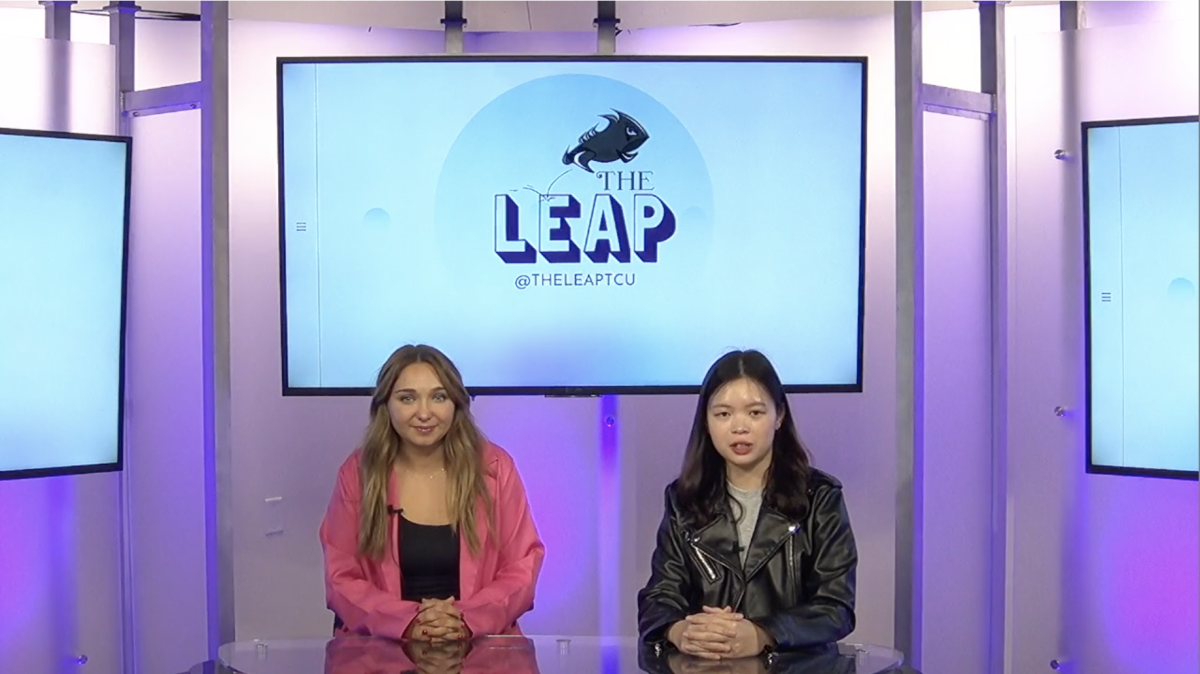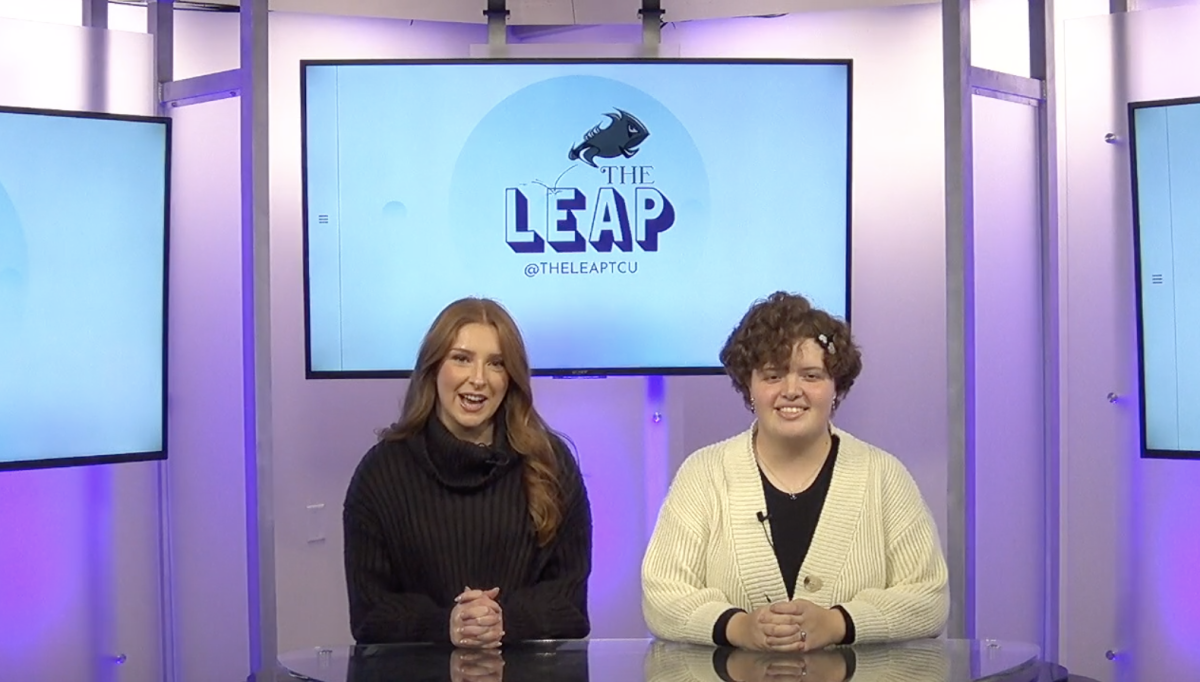Watching a Presidential State of the Union address can be quite boring. There is lots of sitting and standing. There are napping Supreme Court justices, and maybe there is even a shouted “You lie!” from a congressman if the audience is lucky.
Such was the story with President Barack Obama's recent address before Congress. Joe Biden enthusiastically clapped every five seconds while John Boehner looked like he was watching a horror movie. And Obama began with the usual expected talking points: how he had turned around the economy and reduced his own created debt, how the disproved man-made “climate change” is a big threat and how minimum wage should increase to nine dollars an hour. Wait. What? So much for the expected.
As a college student, it is tempting to cheer for a proposal that could result in an extra two dollars per hour on every paycheck. But my initial inclination to celebrate is halted by basic economic concepts. I may not be an economics major, but I understand the basics of supply and demand. To survive, a business's revenues must exceed costs. A 25 percent increase on minimum wage – as Obama proposes – could be problematic for some sectors of an already struggling U.S. economy.
Thomas Moeller, a finance professor, said, “A minimum wage increase would hurt some businesses because they have to pay their minimum wage workers more likely without being able to raise prices to the same extent.”
Under the law of supply and demand, when minimum wage increases, businesses' demand for minimum wage workers will decrease as they are forced to spend more on each employee. So the law may actually hurt employees by decreasing the possibility of employment in the first place. When business owners are forced to pay more for each employee, they are also forced to find ways to cut costs. Jobs will be lost and prices of goods will rise. This burden falls squarely on the lowest paid. John T. Harvey, an economics professor, said in many other cases “market-determined wages are already higher than any state-mandated threshold.”
Furthermore, no study supports Obama's claim that increasing the minimum wage will decrease family poverty. In fact, minimum wage has little to do with families because teens and young adults are the majority of such employees. In 2009, minimum wage rose almost 11 percent, and within half a year, 600,000 teen jobs disappeared. Now with Obama's proposal, they are likely never coming back. These jobs are designed for workers to gain experience, learn a trade and climb the ladder to bigger and better paying positions. With increased wage, employers no longer have the revenue needed to hire inexperienced, young workers like you and me.
It is not a political opinion. It is not about party lines. It is about simple economic and business science. It is about fact.
Douglas Butler, an economics professor, said a desired but nevertheless harmful increased minimum wage is risky.
“While it's important to have dreams, we should keep our feet on the ground,” he said.
Booey Mittelstadt is a sophomore FTDM and political science major fromChattanooga, Tenn.






